Your reproductive health is an essential part of your overall well-being, and as a woman, it is vital to stay informed about common gynecological conditions that can impact your health. Whether you are experiencing abnormal bleeding, pelvic pain or other symptoms, regular check-ups with a OB/GYN may help detect any potential issues early on and provide appropriate treatment.
Our OB/GYN specialists in Northwest Indiana explore some of the most common gynecological conditions – including their symptoms, causes and treatments – to help you stay informed and take charge of your reproductive health.
Common Gynecological Conditions
- Menstrual disorders: Heavy or irregular periods, painful periods and premenstrual syndrome (PMS)
- Urinary incontinence: Involuntary leakage of urine
- Polycystic ovary syndrome (PCOS): Hormonal disorder affecting reproductive-aged women
- Endometriosis: Tissue lining the uterus grows outside of it
- Pelvic inflammatory disease (PID): Infection of the reproductive organs
Symptoms
Gynecological conditions can come with a range of symptoms that can significantly impact a woman’s quality of life. While each condition has its own unique set of symptoms, there are some common ones to look out for. If you notice any of the following systems, it’s best to schedule an appointment with your OB/GYN specialist in Northwest Indiana:
- Painful intercourse: A sign of conditions like endometriosis or PID
- Abnormal vaginal discharge: Discolored discharge with a strong odor or itching could indicate bacterial vaginosis or a yeast infection.
- Pelvic pain or pressure: A symptom of many conditions, including fibroids, ovarian cysts and endometriosis
- Painful urination or bowel movements: A sign of a urinary tract infection (UTI) or other gynecological conditions
- Abnormal menstrual bleeding: Heavy bleeding, irregular periods or bleeding outside of your normal period could be caused by conditions like PCOS or fibroids.
Causes
Gynecological conditions can have various causes – from hormonal imbalances to structural problems. Here are some of the most common causes of gynecological conditions:
- Hormonal imbalances: Fluctuations in hormones can lead to conditions such as PCOS and irregular periods.
- Infections: Bacterial or viral infections can cause PID, abnormal vaginal discharge and other symptoms.
- Anatomic abnormalities: Structural problems in the reproductive system, such as fibroids or cysts, can cause pelvic pain and pressure.
- Cancer and precancerous conditions: Some gynecological conditions may be caused by cancer or precancerous conditions, such as cervical dysplasia or ovarian cancer.
- Genetic predisposition: A family history of gynecological conditions may increase your risk of developing certain conditions, such as endometriosis or PCOS.
Treatments
Gynecological conditions can be treated with a range of options depending on the type and severity of the condition. Here are some of the most common treatments:
- Medications: Antibiotics or hormonal therapies may be prescribed to treat infections or hormonal imbalances.
- Surgery: In severe cases, surgery may be necessary. Hysterectomy or laparoscopy are common surgeries for treating gynecological conditions.
- Lifestyle Changes: Simple lifestyle changes also can help alleviate symptoms. Your OB/GYN specialist in Northwest Indiana may recommend weight loss or pelvic floor exercises to help with incontinence.
- Behavioral Modifications: Behavior modifications also can help treat gynecological conditions. For instance, bladder training or dietary changes may help alleviate symptoms like painful urination or bowel movements.
Looking for an Affordable OB/GYN Specialist in Northwest Indiana?
Are you experiencing any symptoms of a gynecological condition, such as painful periods or abnormal bleeding? If so, and if you’re ready to schedule an appointment, do not hesitate to get in touch with our team at 219 Health Network.
We offer personalized care and medical treatments to help detect and address potential issues early on, ensuring you maintain optimal reproductive health. Contact us today at 833-219-0001 to learn how we can help.






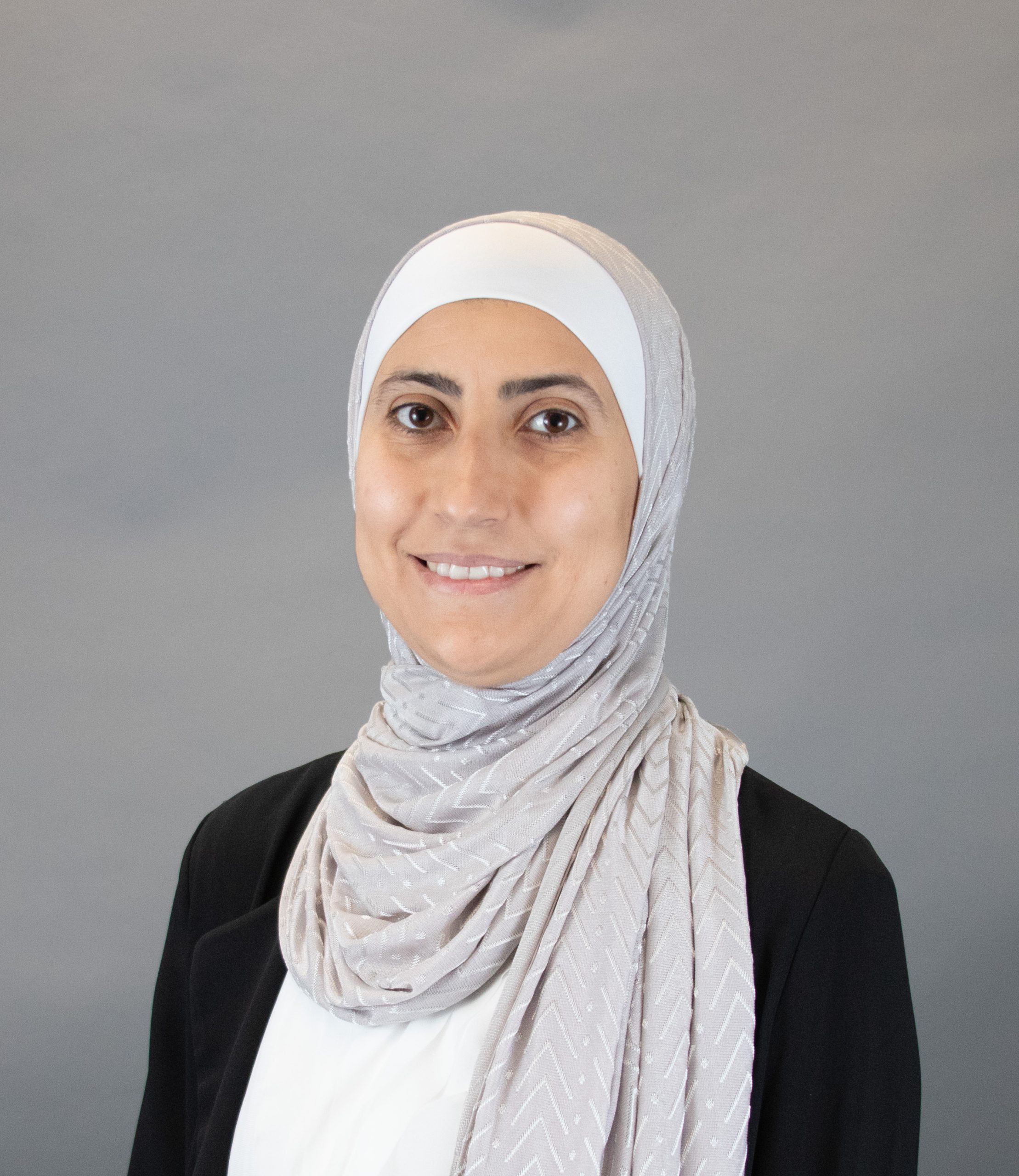








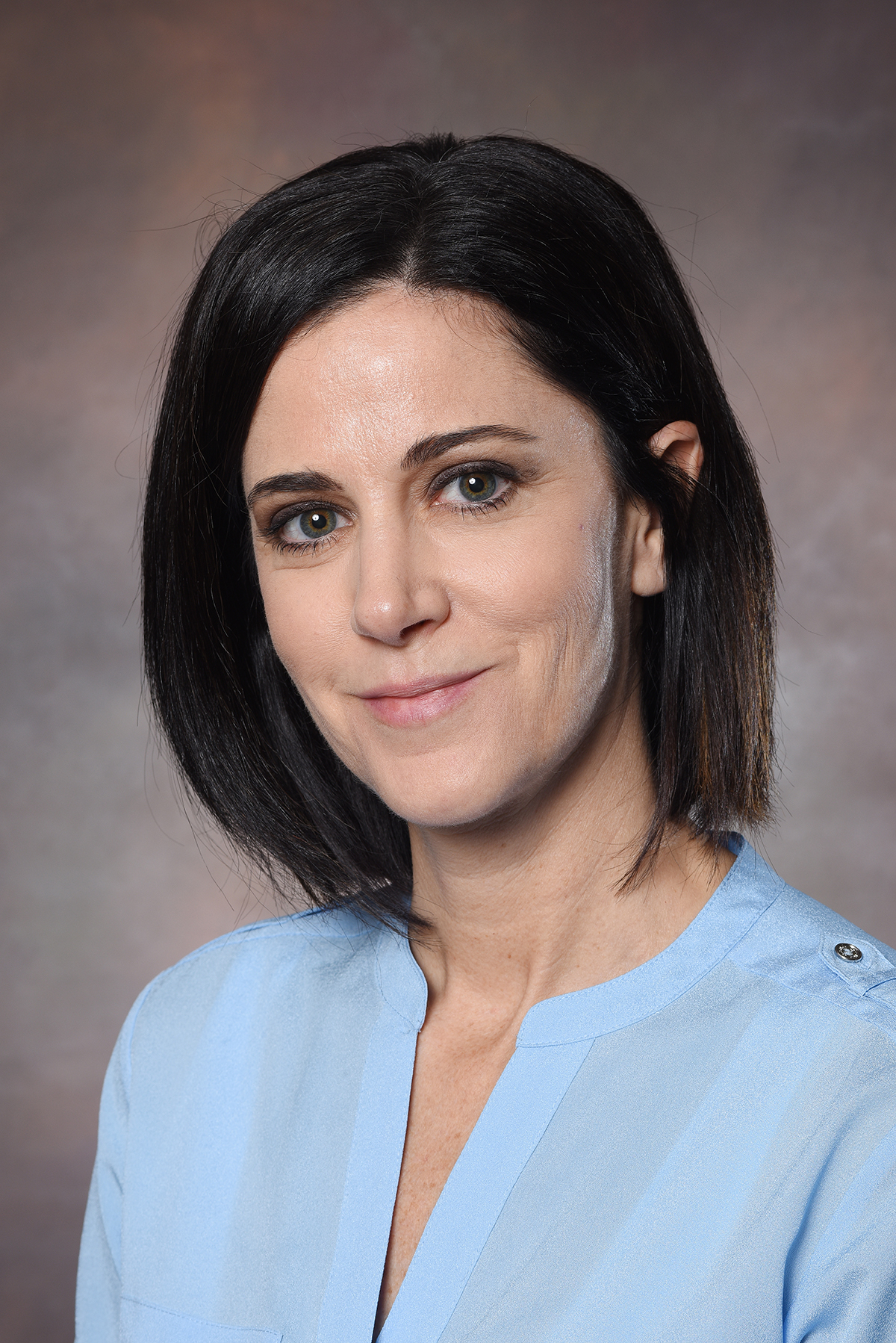






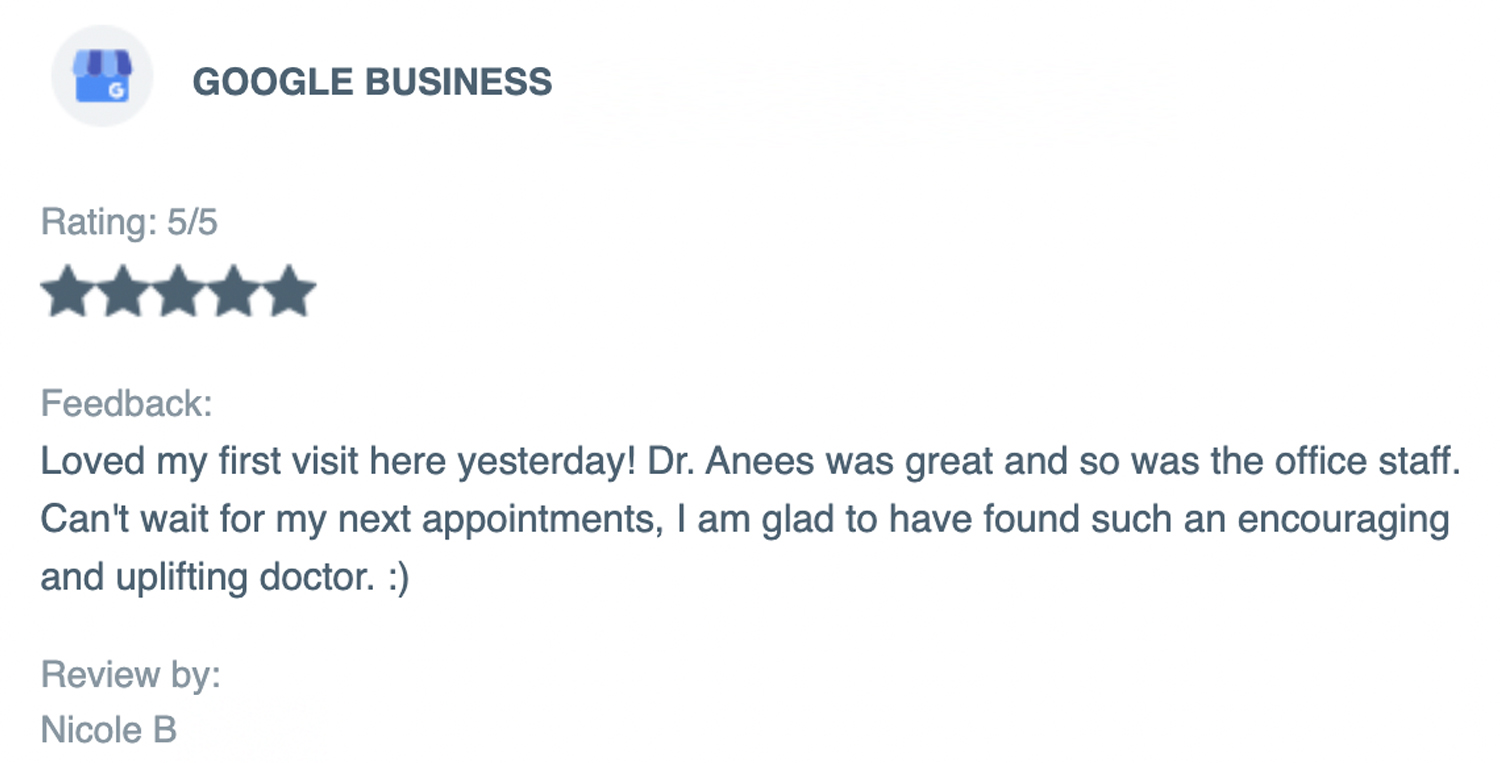




















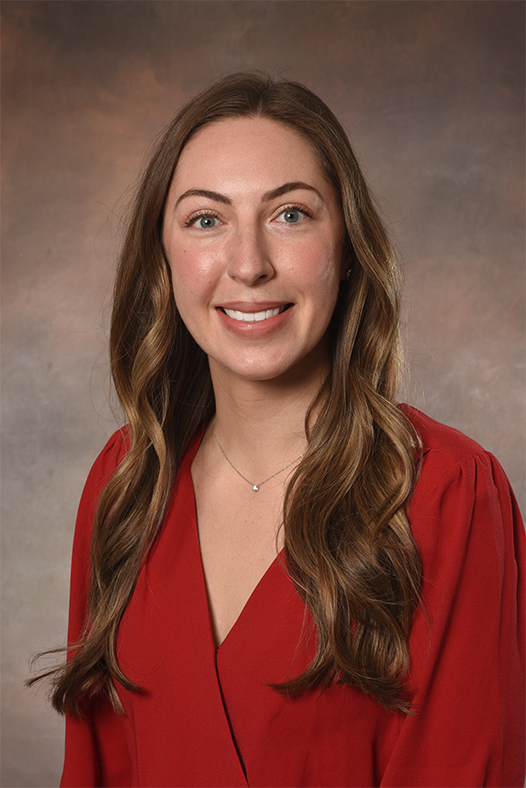



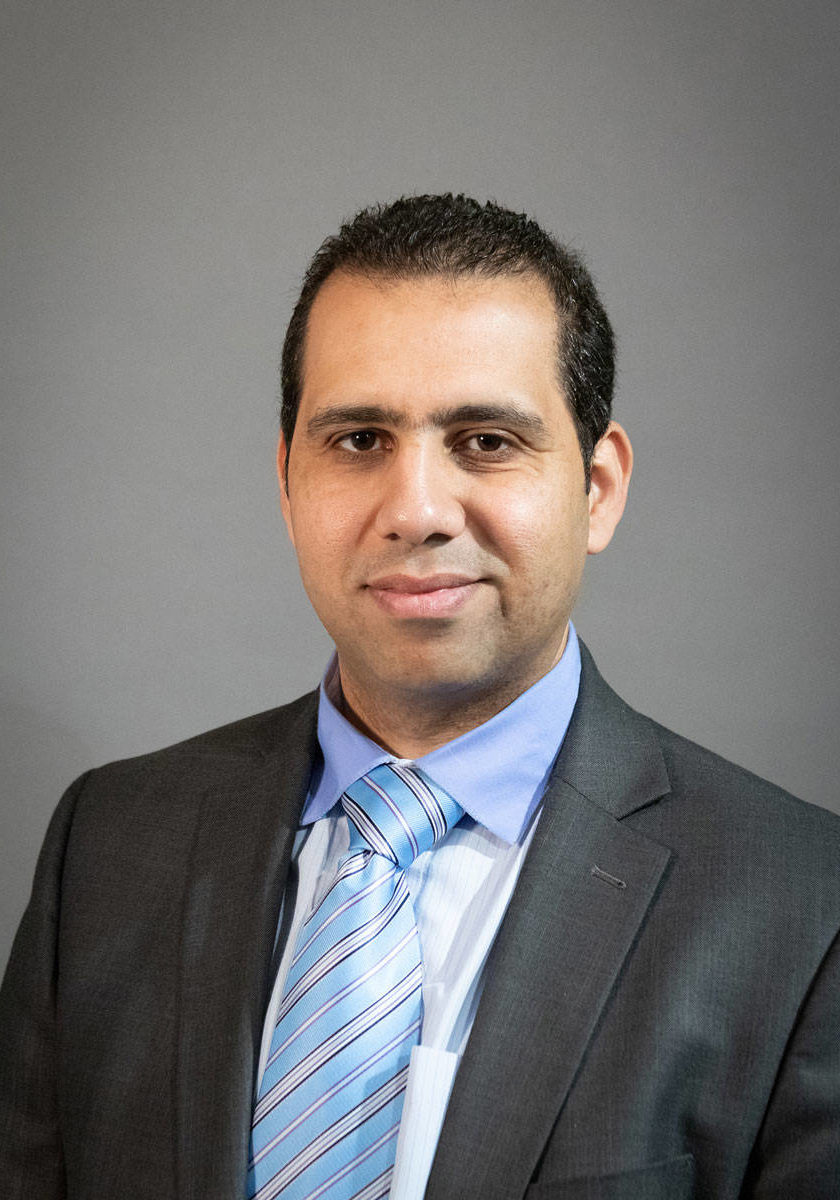





Recent Comments